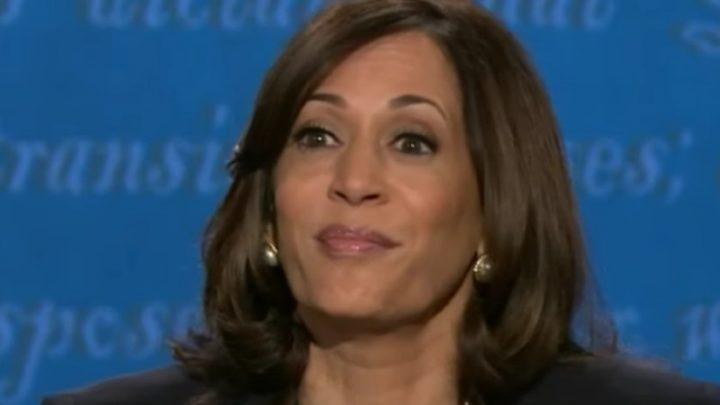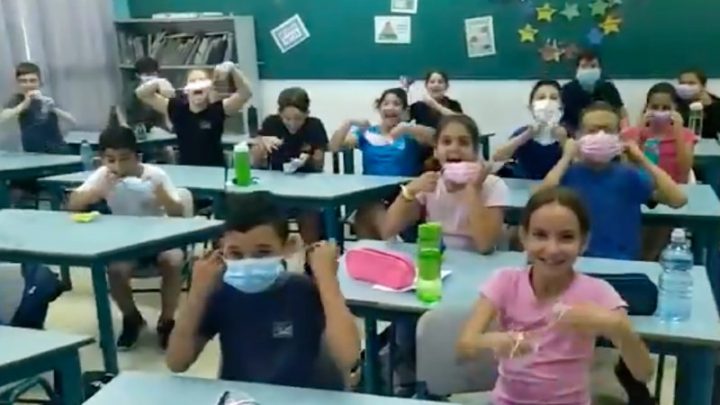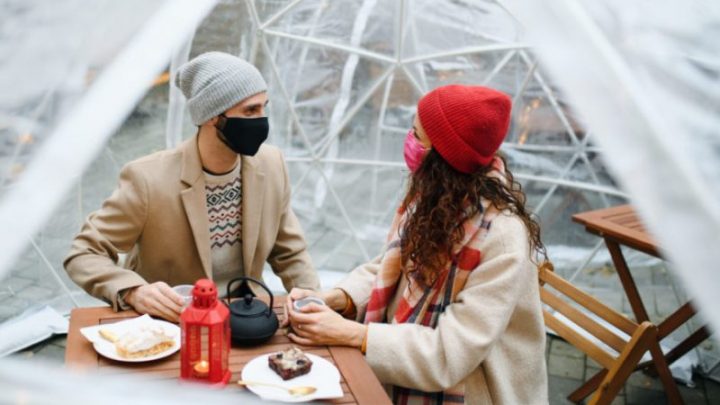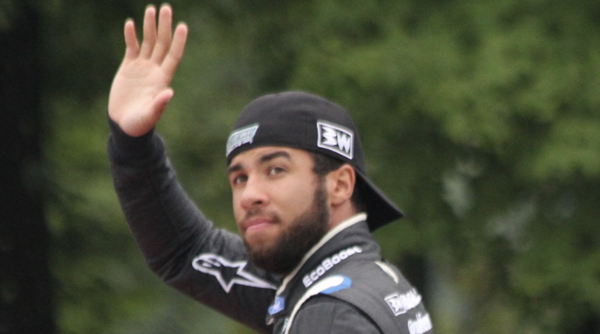
The International Olympic Committee once again stated its intention to ban political displays at the upcoming Tokyo games, including Black Lives Matter protests and slogans.
The facts: The IOC reiterated its earlier decisions to keep the ban, telling the Associated Press that a survey of 3,500 athletes found that 70% expressed support for the restriction.
- Displays forbidden by Rule 50 of the Olympic Charter include raising a fist — as some athletes did in a controversial 1968 Black Power display — and taking a knee.
- Apparel with specific slogans like “Black Lives Matter” is also banned, although non-specific wording like “equality” and “solidarity” has been ruled permissible.
- Players aren’t barred from expressing their views on social media and at designated events and zones, but the IOC emphasized that “expressing views” is distinct from protesting or demonstrating.
What if they break the rules? The IOC said violations will be evaluated by the athletes’ National Olympic Committee, International Federation and the IOC.
- Punishments will be determined on a case-by-case basis.
- But a global players’ union, the World Players Association, pledged to support players who violate Rule 50, and the American Olympic Committee has said it will not prosecute athletes who demonstrate at Olympic trial events.
- And several athletes, including John Carlos, who was expelled from Olympic competition for his participation in the 1968 demonstration, signed a letter protesting the Rule 50 restrictions.
Context: Sporting events in the U.S. have become venues for political activism, whether from players or leagues and teams.



